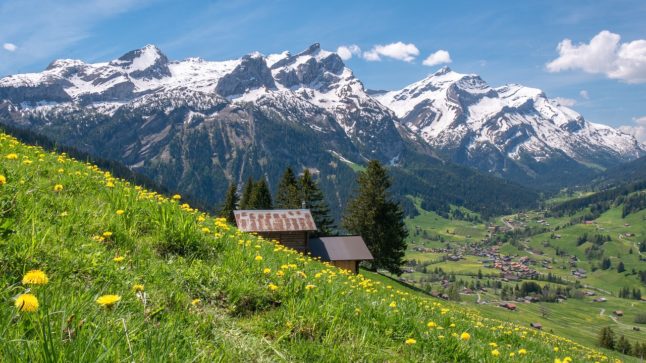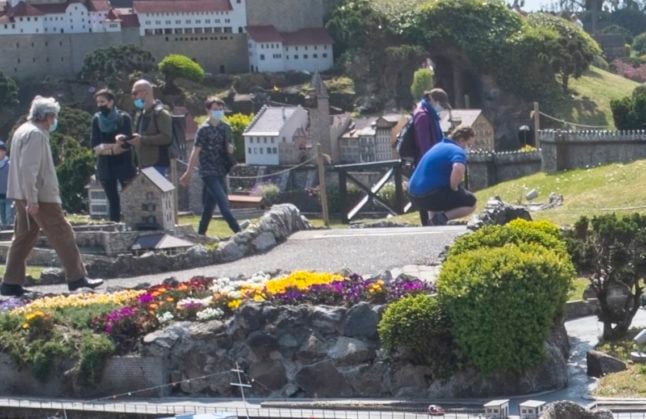Foreigners who move to Switzerland like to settle in the cities.
This is what emerges from a new study published by the Federal Statistical Office (FSO) on Tuesday.
Surprisingly, the municipality with the highest number of foreign residents is not Zurich or Geneva, but Kreuzlingen in canton Thurgau, where 56.3 percent of the population are foreigners.
Next is Rorschach in St. Gallen, where just over half (50.6 percent) of residents are foreign.
In terms of regions, however, more towns in the French-speaking part of the country have a high proportion of non-Swiss.
In the first place is the Lausanne suburb of Renens, where 49.3 percent of inhabitants are foreign.
It is followed by Geneva (49.2 percent) and its districts Meyrin (45.4 percent) and Vernier (44.8 percent). Next are Vaud municipalities of Montreux (44.2 percent) and Yverdon (37.7 percent).
The study doesn’t indicate why exactly so many immigrants move to these particular towns, but generally new arrivals tend to settle in or near places where they work.
Another interesting finding: English language is gaining ground
“If we consider non-national languages, it is striking to see that English has developed significantly,” FSO reports.
“It is today the main language of 8.1 percent of the resident population.”
This has also been shown in another FSO study in March, which indicated that English is not only the most prevalent foreign language in Switzerland, but in some regions even ‘outperforms’ national languages.
In French-speaking Geneva, for instance, 11.8 percent of the population speak English — more than 5.7 percent who speak Italian. And in the neighbouring Vaud, 9.1 percent of residents speak English, versus 4.9 percent for both German and Italian.
In Basel-City, where the main language is German, 12.5 percent speak English, 6.1 percent Italian, and 5 percent French.
And in Zurich,10.8 percent speak English, versus only 5.8 percent for Italian and 3.2 percent French.
The ‘ winner’ however, is the German-speaking Zug, where 14.1 percent of the population over the age of 15 has English as their primary language.
READ ALSO : Where in Switzerland is English most widely used?
What else does the study reveal?
It shows to what extent Switzerland’s population ‘migrated’ from rural areas to cities over the past century.
While only a third of the country’s residents lived in urban regions 100 years ago, the 170 Swiss cities and their agglomerations are now home to three-quarters of the population.
As a result of this evolution, “new cities sprang up, many political and spatial boundaries were moved, and the country became increasingly urban.”
With a population of 427,000, Zurich is still the most populated city, followed by Geneva (204,000) and Basel (174,000).
And there is more: Fewer people practice religion
The proportion of people who feel they belong to a traditional religion is generally falling, FSO found.
This downward trend concerns all religions, but it is strongest among people of the Reformed Evangelical faith.
In six towns in particular — Bussigny, Crissier, and Ecublens (VD), Kloten, and Opfikon (ZH), as well as Oftringen (AR) — the drop was of more than 70 percent.
READ ALSO: Why so many Swiss are quitting the church and taking their money with them




 Please whitelist us to continue reading.
Please whitelist us to continue reading.
Member comments